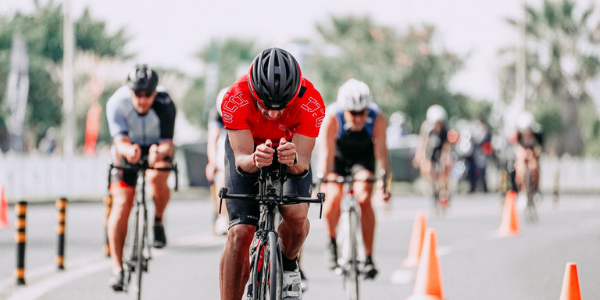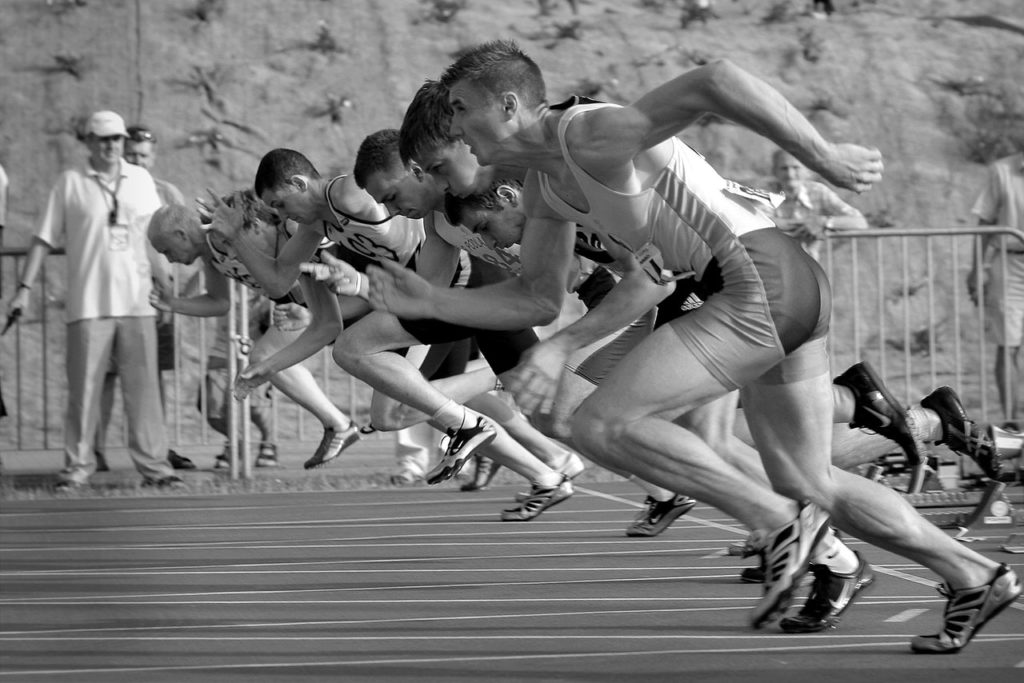Sports are a great way to create discipline and accept life barriers.
I’ve always been into sports and tried a few of them during my childhood. My choices as a kid were soccer, handball, basketball, swimming, and running. In my school days, I was an excellent goalkeeper and gained a couple of medals in some juvenile competitions.
Overall, sports are a great way to educate yourself. Apart from the obvious health benefits, the sports practice and the competitive environments are excellent mindset trainers. They can take your brain to ultimate performance levels.
Competition can develop an extremely driven personality and winning-mindset approach.
I am of the opinion that competition is one of the best tools for self-development. However, you should be realistic and mature to understand that your biggest competitor is yourself. Your mantra should be – “I need to be better than I was yesterday”.
Don’t commit the mistake of starting something today and comparing yourself to people who have been in the specific game, business, or activity for all their lives.
For example, I am just starting this blogging adventure and cannot compare this extremely humble website to major players doing this for years. But if I keep practising this every day, why wouldn’t I reach their level?
Particularly, I am a big fan of the following approach: “Winning is a consequence of multiple events, and sometimes they are out of your control. However, you have the obligation of being competitive, which means that regardless of the race position you are fighting for, fight for it!”
Triathlon
More recently, I decided to have a go at triathlon. It is a great exercise that combines three different legs: swimming, cycling, and running. There are multiple triathlon distances, and each of them requires different training programs and techniques.
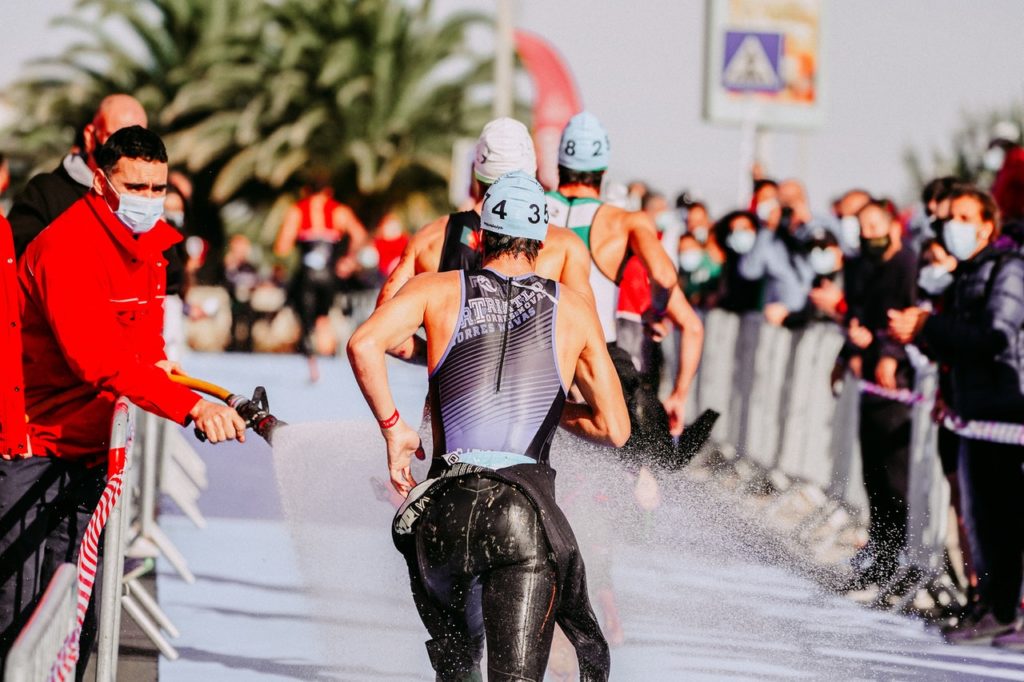
- Sprint Tri – Swim – 750m, Bike – 20km, Run – 5km
- Olympic Tri – Swim – 1.5km, Bike – 40km, Run – 10km
- Half Triathlon (70.3) – Swim 1.9km, Bike – 90km, Run – 21.1km
- Full Triathlon – Swim – 3.8km, Bike – 180km, Run 42.2km
The training sessions will vary according to your fitness level and goals. For the time being, I am focusing on the Olympic distances (1.5km swimming, 40k cycling, and 10k running).
I have already completed the individual legs numerous times but never tried them all together. My favorite thing in triathlon is that you can widely vary the training sessions. You do not repeat the same leg every day. I normally run and ride twice per week, and have one swimming session
To achieve excellence, you need to keep training daily and stick to your exercise program. I had been training almost six days per week during COVID-19 times. However, work and other personal attributions made me decrease to 4-5 times per week.
The training volume must be highly controlled to avoid injuries, muscle burnout, and fatigue.
What is the different from triathlon from other sports that I practised?
I think it is pretty obvious that you need to have a decent fitness level to complete a triathlon!
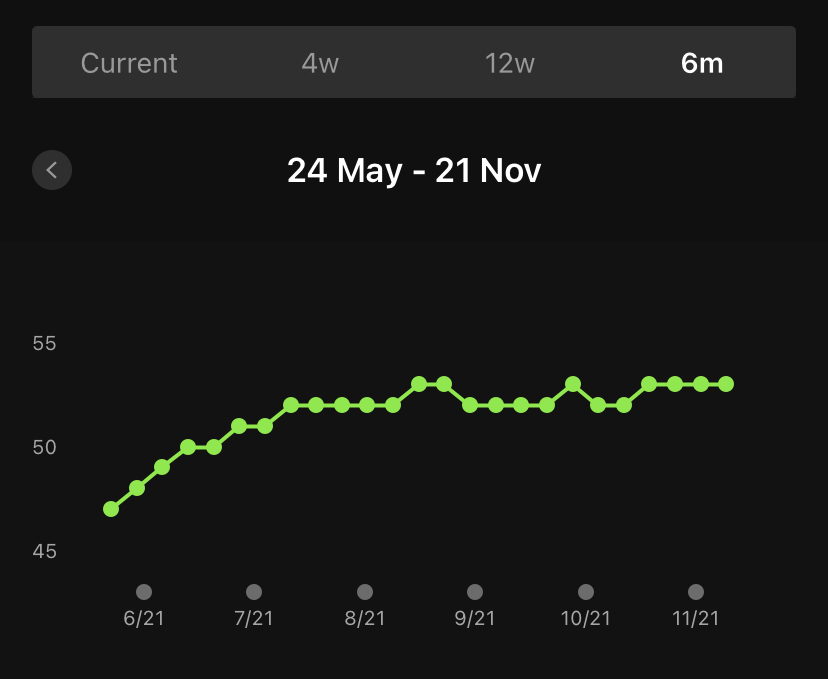
My Garmin watch points out that my VO2 max has been improving. The VO2 max gauges the maximal oxygen consumption that an athlete can utilize during intense exercise – it is a common measure for endurance practices.
However, in my opinion, the major triathlon benefits are hidden – they are more mentality-related rather than your body fat percentage, such as:
1.You need to be strategic – Triathlon is an endurance activity – It is not a smart approach to go full-on in the swimming leg and then not have the energy to cycle and run. You need to constantly monitor your heart rate and monitor your effort level during a race.
It is a long game thing, and if you spend all your energy too soon, you will not finish it.
2. You need to be flexible and perform well in different areas – You need to adapt to three different legs and improve your performance in all of them. If you are fast in cycling and barely can run, you will not be competitive.
The bottom line is “Train your weakness, and maintain your strengths”. My weakest leg is swim, and I am not training as much as I should. I have made tremendous progress in my cycling though, but my water stint is awful (I’ve been a lazy swimmer).
3. You need to be extremely disciplined – To be competitive, you need to develop and stick to a detailed training program. The dedication and commitment levels are extremely high, especially if you are a beginner.
The first days and weeks are the hardest part, but in a couple of weeks, your body and brain follow the flow through – it is impressive.
4. You need to accept that bad and slow days are part of your progress – I’ve always been an intense person with high levels of discipline and commitment.
I am the kind of guy that trains hard and is constantly monitoring my performance. Obviously, because of the required training volume and intensity required to complete a triathlon, I had to understand that somedays my performance will not be the best.
You will not swim/cycle/run as fast as you are used to because of muscle fatigue, lack of sleep or even bad nutrition – and it is alright.
In fact, some scientific literature shows that you should train 80% of the time in “recovery mode” (low-intensity) and 20% in your maximum load (high-intensity). This approach will probably lead the better outcomes in the long term.
Triathlon made me understand that I don’t need to be 100% of myself every day, and it is ok. In the long term, what matters is consistency and slow improvement – get 1% better every day.
The parallel of triathlon, financial independence, and success
Even though I have practiced sports since I was a kid, I think triathlon made me more aware of my personality traits. Self-knowledge is one of the most important things in your life – understanding how your mind and body work is extremely helpful when making life decisions.
As with triathlon, financial independence and success are long-term games. You need to think strategically and play the chess of life daily to make sure that you are going in the right direction.
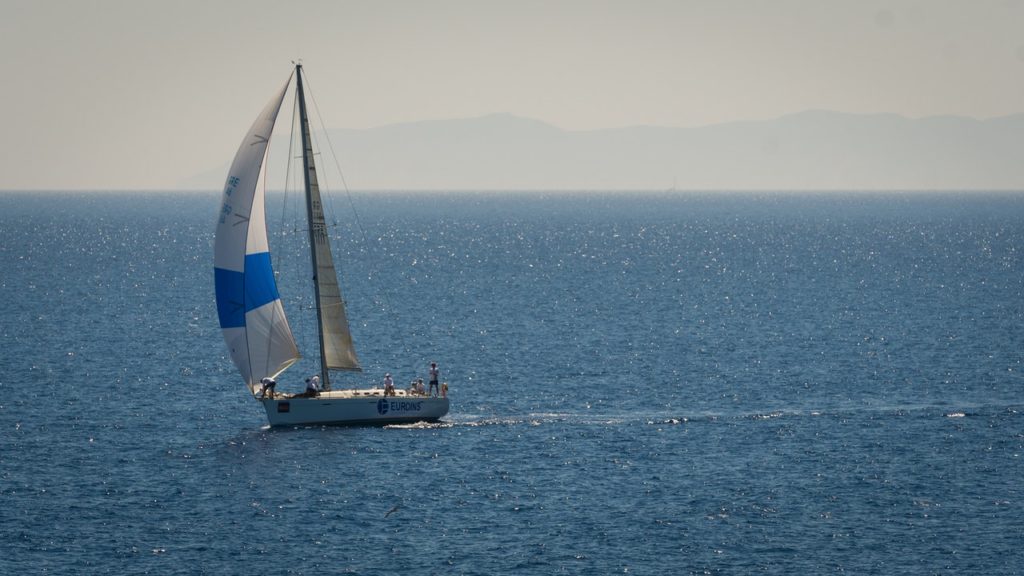
“The pessimist complains about the wind; the optimist expects its to change; and the realist adjust the sails”
If you start to save money with your next salary, do not expect to be financially independent in one year.
If you are opening a new business, do not expect reach to the highest levels of revenue in the first month.
If you are creating a new blog, do not expect thousands of views in the first posts.
If you are training for triathlon, do not expect to be able to complete a 70.3 ironman in 2 months.
Understand that success is a consequence of extensive hours of training, insane amounts of repetition, and lots of frustration. Bad days are part of the development process. It is counter-intuitive, but the more you fail, the closer you are to succeed.
In a nutshell, whatever is your goal, start to face it as a triathlon – a long race, where you need to be strategic and disciplined, and be smart enough to deploy the right amount of energy according to the existing conditions.
This last piece of advice has completely changed my life – I’ve always been the guy that put 110% of dedication into my goals and dreams, which sometimes led to an enormous amount of frustration when things did not go the way I wanted.
The biggest lesson from triathlon for me was that some days things will not work perfectly, regardless of your effort and preparation. It is part of the process and don’t try to row against the tide – you will only deplete energy reserves and not finish the race.
Instead, take a deep breath, rest, readjust your strategy and keep going.

